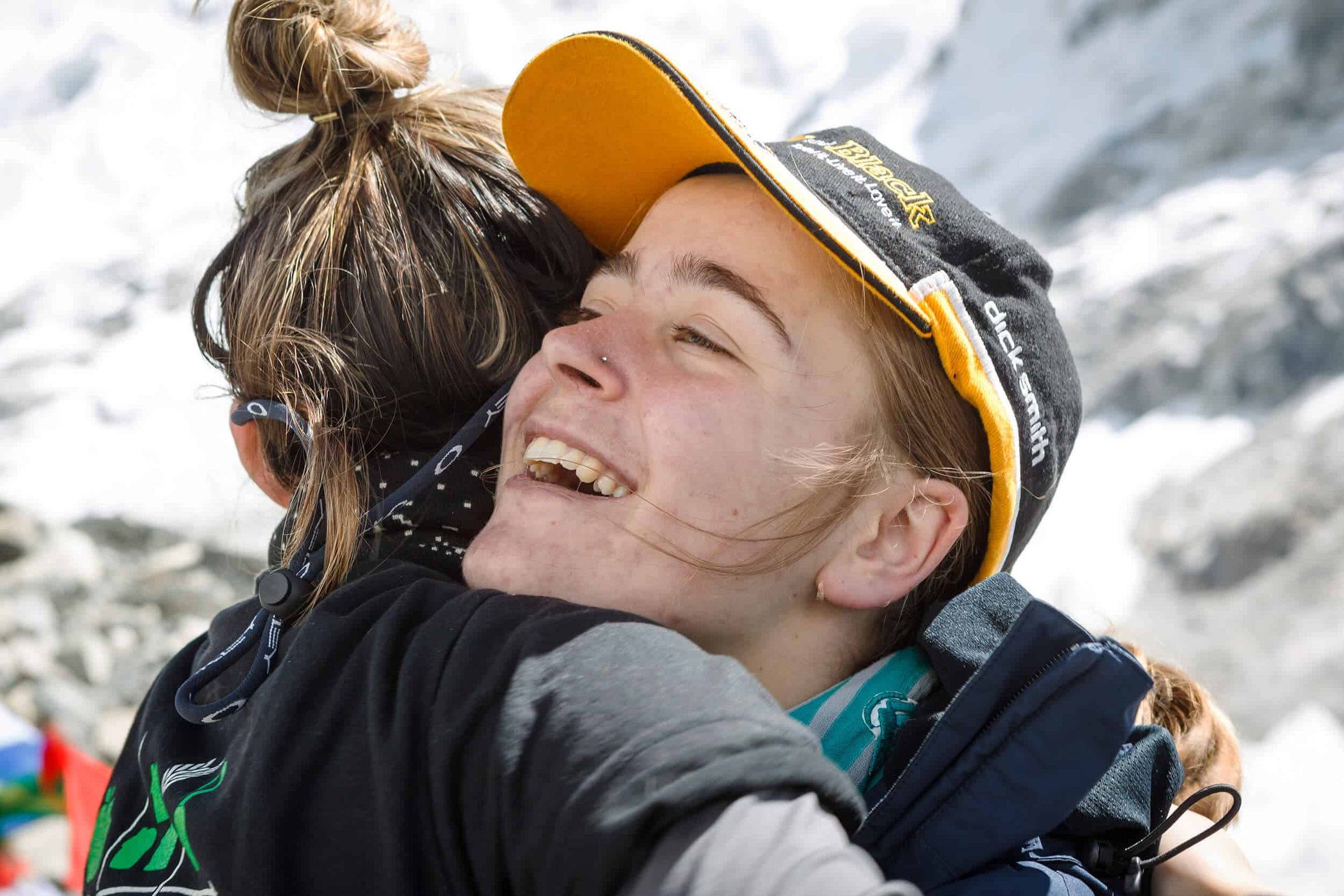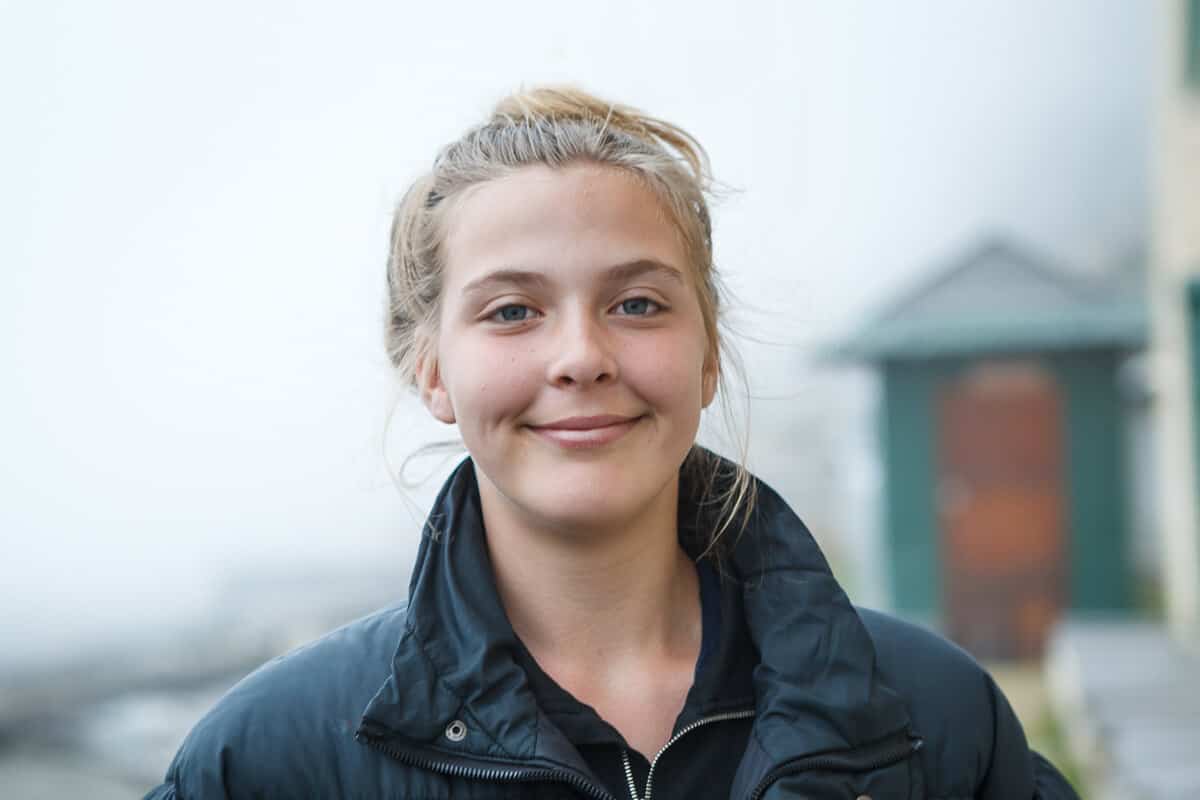News
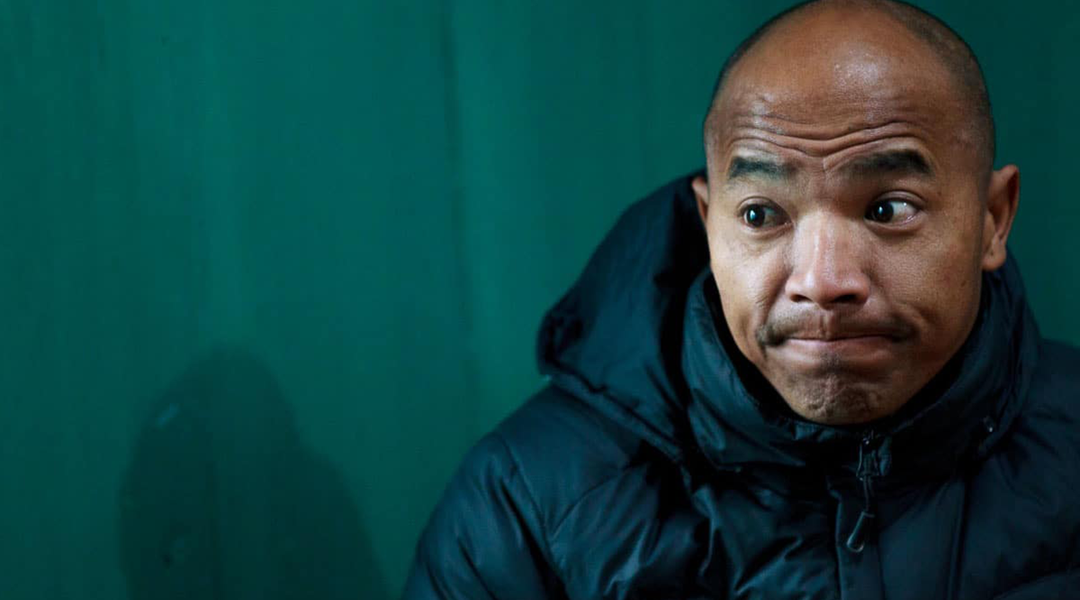
Step 2: Uncertainty There’s a bit to this one so please stick with it 🙏 Human beings crave certainty. We love routine and predictability. Uncertainty is a form of discomfort that sits nicely alongside fear, conflict, and risk. We are...
Continue reading
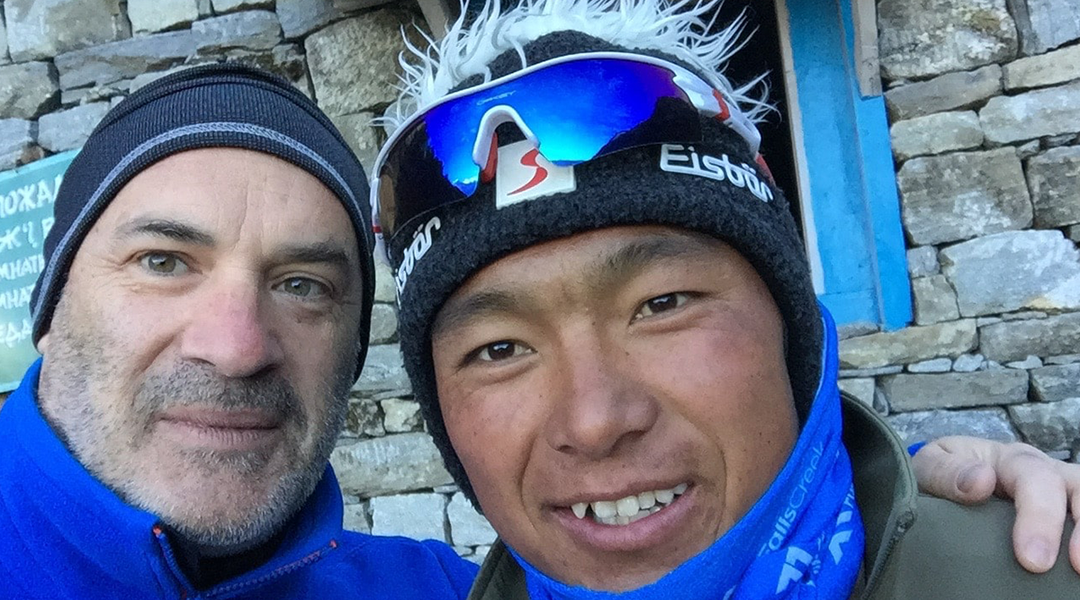
Introduction That’s Sanduk Tamang on the right and me on the left (above). Between us, we’ve climbed Mt Everest a whopping 15 times.Okay… okay… I’ll come clean. Only one of those summits is actually mine and yes, impressively, the other...
Continue reading
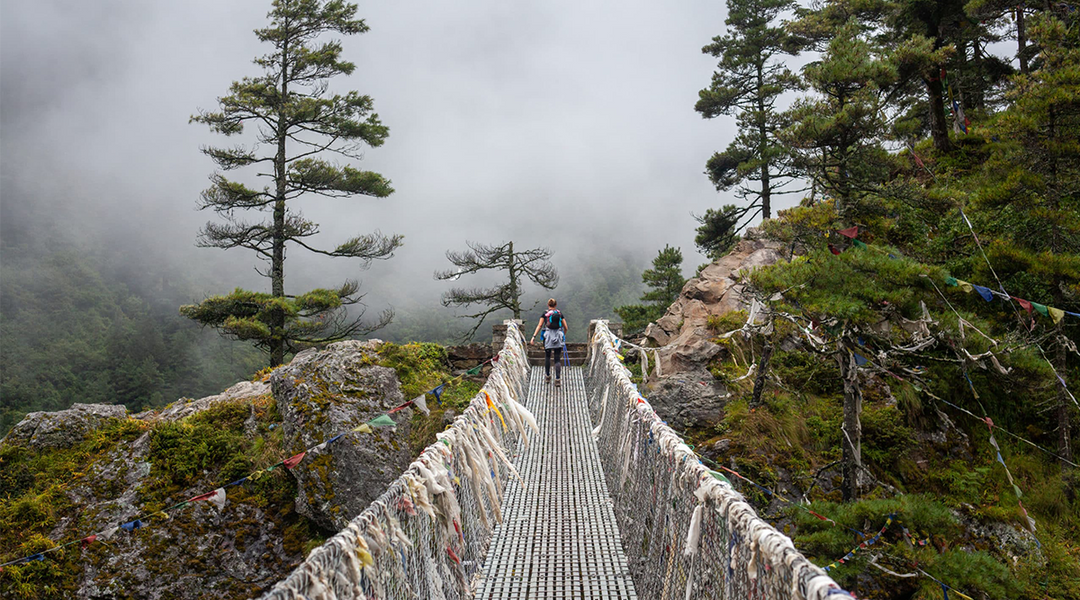
Step 1: Investment I’m Nick from resilience Builders and just to recap, this post follows on from my intro post last week. Over the next 5 weeks I’ll be sharing information and context around 5 important elements that have the...
Continue reading
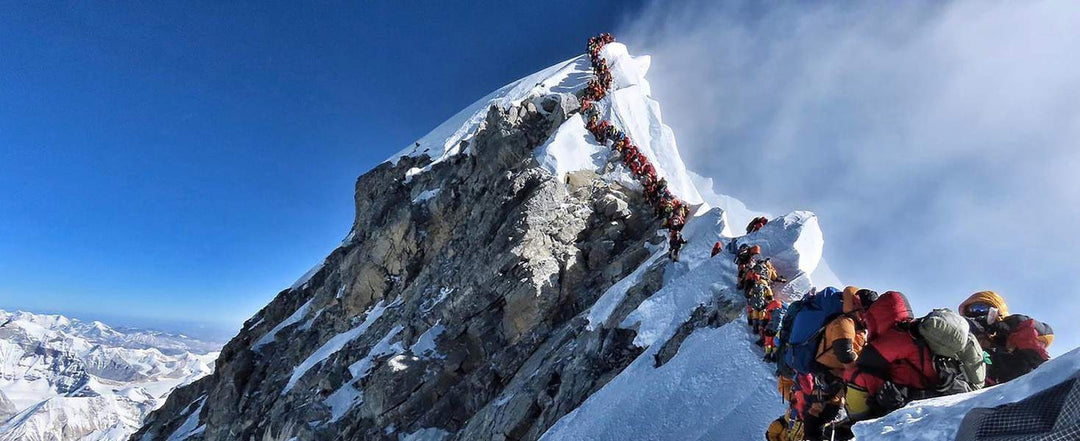
Lots of commentary as usual during another busy climbing season on Mt Everest. Plenty of friends and colleagues sent me the above photo* of the logjam near the summit last week - along with their opinion on this somewhat bizarre...
Continue reading
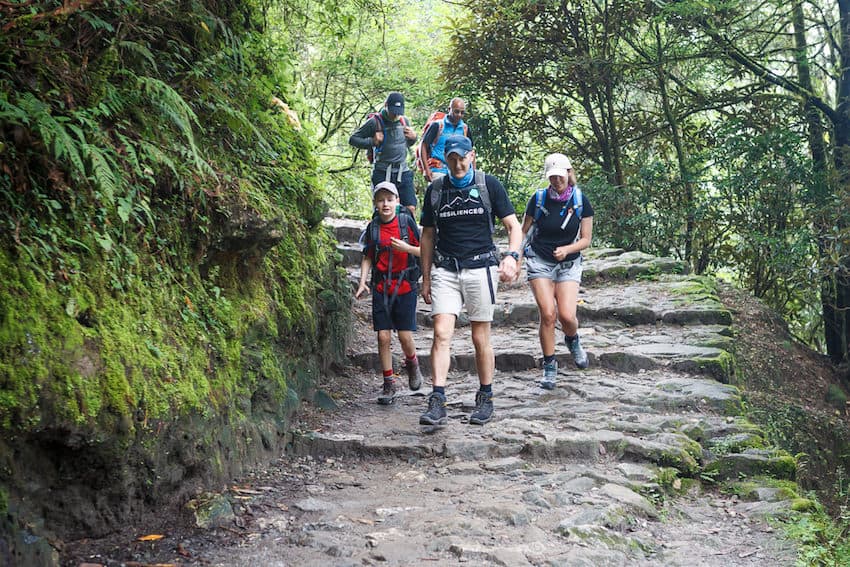
Dr David Buttifant may seem a familiar face; a former Australian rules footballer turned sports scientist, David has made it his mission to help others build resilience, drive performance, and practical methods to manage stress. He’s worked with the North...
Continue reading


